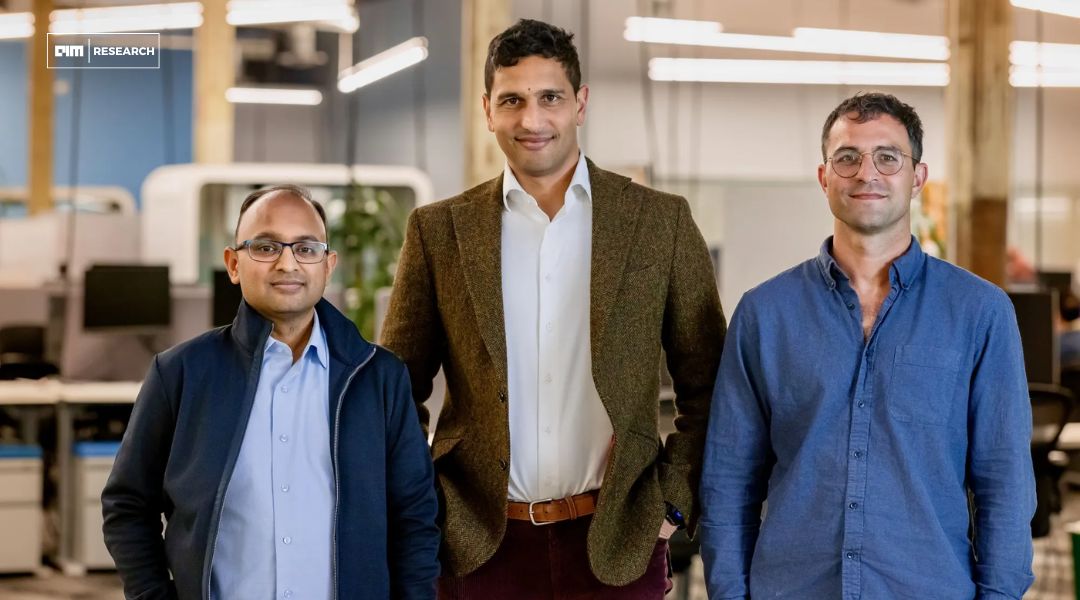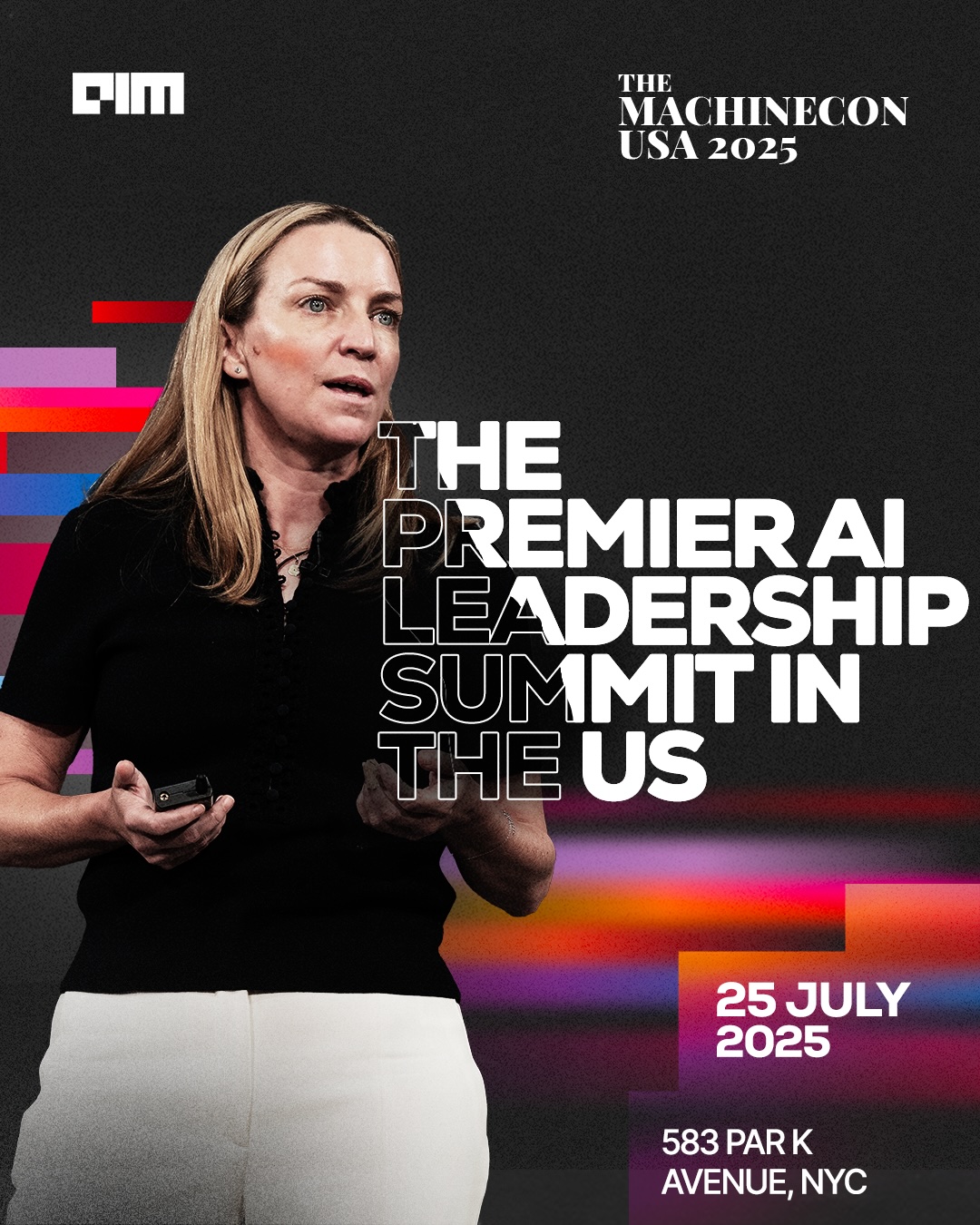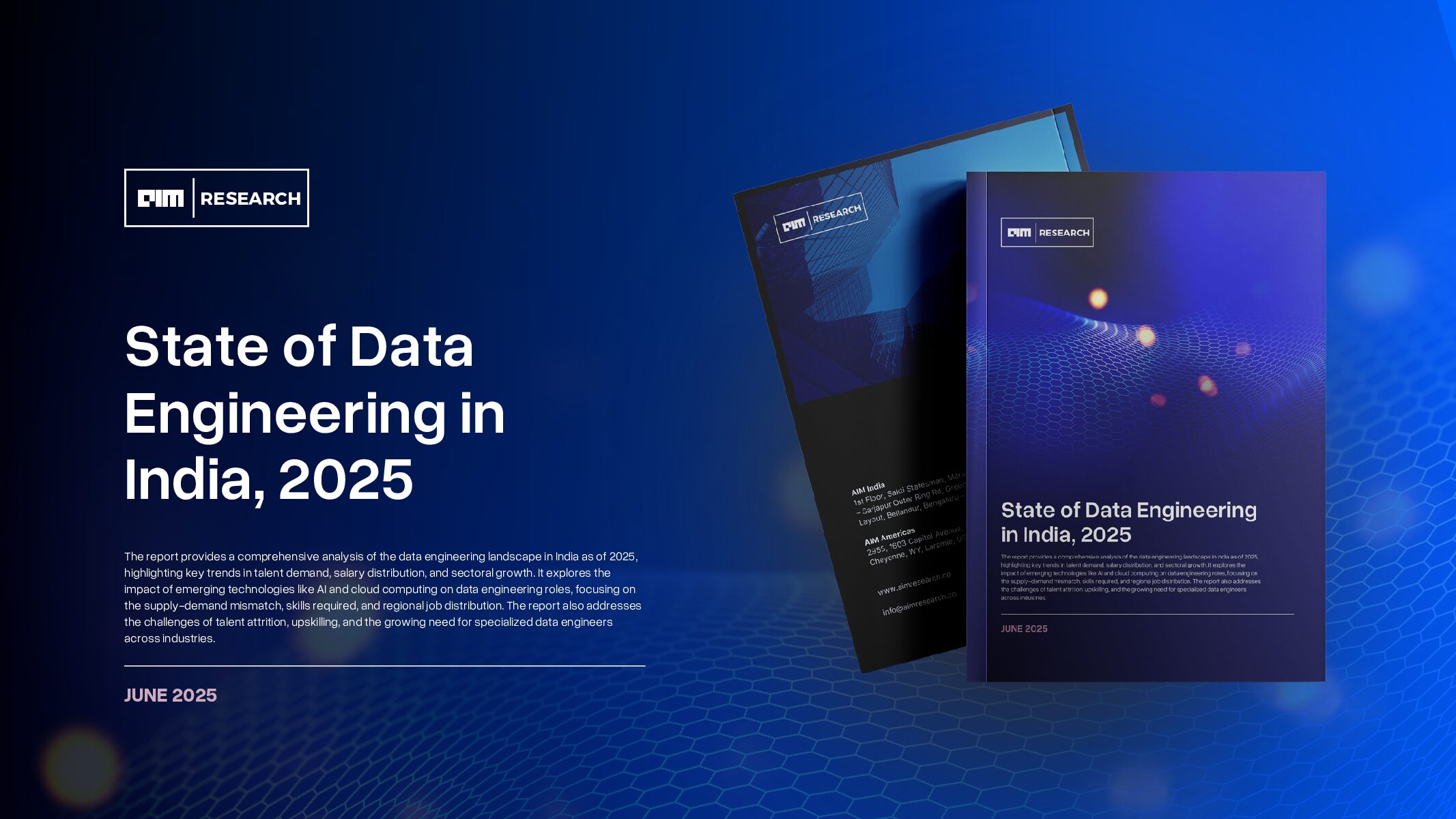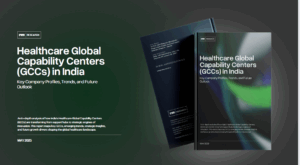When was the last time any of us took a medical book to a hospital? Loads of medical records from previous consultations and every bill. Dr Shivdev Rao, felt that rather than saving lives of patients as a cardiologist he was wasting much more time in writing his notes. To help more patients and doctors he introduced Abridge, a healthtech firm located in downtown Pittsburgh which provides a solution in the form of an app that captures and summarises patient-doctor discussions.
Founded in 2018, Shiv Rao, a cardiologist with a flair for innovation, pitched a startup idea to Andy Weissman, a general partner at Union Square Ventures (USV), describing it as a blend of SoundCloud and RapGenius for medicine. While the comparison to music and lyrics platforms initially amused Weissman, Rao’s vision quickly captured his attention. Rao highlighted the burden of administrative tasks on doctors, who spend hours outside of regular work meticulously typing notes, leading to burnout and driving some out of the profession. Rao believed that AI could alleviate this burden, a concept that resonated with Weissman despite being proposed years before generative AI gained mainstream traction. Rao’s credibility as a physician at the University of Pittsburgh Medical Center, his role as a corporate venture capitalist in health tech, and his team’s expertise from Carnegie Mellon, a leader in AI research, ultimately convinced Weissman and his USV partners to take a chance on what once seemed like a wacky idea.
The company’s rapid growth and adoption by major health systems like Yale, Emory, and University of Chicago showcase its value. Described as “life-changing” and “magical” by users, Abridge is transforming the healthcare experience for both doctors and patients. With its recent $150 million Series C funding and a valuation of $850 million, Abridge is positioned at the forefront of AI-powered healthcare solutions, potentially becoming the “Duolingo of healthcare” in terms of widespread impact and adoption.
Abridge’s Initiatives to reduce “pajama time” for clinicians
Abridge’s primary product is a generative AI platform designed to convert patient-clinician conversations into real-time structured clinical notes. This platform is integrated with electronic medical records (EMR) systems, such as Epic, to streamline documentation processes.
Key features of Abridge’s AI initiatives include:
Linked Evidence
This function ensures openness and reliability in documentation by mapping summaries produced by AI to the original audio transcripts.The only product that has auditability built in for trust and verification is Abridge. Linked Evidence makes it easier for you to discover where certain AI summaries came from and where the truth originates. You may read the transcript evidence and hear back the related audio when you highlight the relevant auto-generated summary in your Abridge clinical note.
Physical Exams
Abridge now supports the automatic integration of physical exam findings into clinical notes. Clinicians across all healthcare specialties can capture both positive and negative findings from 16 key systems—vitals, general, HEENT, neck, cardiovascular, pulmonary, breast, abdominal, pelvic, genitourinary, rectal, extremities, skin, lymphatic, neurologic, and psychiatric—by simply verbalizing each system during patient visits.
Multilingual and Multi-specialty Support
With support for over 50 medical specialities and more than 14 languages, the Abridge platform is incredibly flexible. Thousands of hours of de-identified medical discussions and hundreds of thousands of hours of speech data in more than 30 languages have been used to train the company’s sophisticated in-house speech recognition engine. Constructed totally in-house, Abridge’s autonomous ASR model enables regular upgrades to reflect changing medical trends, improved resistance to different accents and speech patterns, and the inclusion of new language. Medical talks done in a variety of languages, including Spanish, Mandarin, Cantonese, Tagalog, Vietnamese, Arabic, French, Korean, Russian, Haitian Creole, and German, may be fully summarised by the platform into English.
Abridge Inside
Abridge introduced Abridge Inside, embedding its generative AI tool into Epic workflows, enabling seamless recording and AI-generated notes directly in patient charts. Through Epic’s Workshop program, Abridge integrated real-time documentation in over 15 languages across 50 specialties. Deployed in health systems like Emory Healthcare, The University of Kansas Health System, and UPMC, Abridge has generated over a million notes, significantly enhancing clinician efficiency and reducing administrative burdens. Emory Healthcare, which adopted Abridge in August 2023, has already seen notable improvements in clinician workflow and well-being.
Partnerships
Abridge has finalized an enterprise-wide agreement with Reid Health, expanding its AI-driven clinical documentation tool to all clinicians across the rural healthcare system serving 280,000 people in Indiana and Ohio. After six months of successful use, Abridge will now streamline real-time documentation within Epic’s workflow for the entire Reid Health staff. This advancement reduces administrative burdens, with notable results including an 87% reduction in patient call response time, 60% less time on after-hours documentation, and an 86% decrease in note completion effort.
Abridge has also collaborated with Mayo Clinic and Epic to develop a generative AI documentation workflow for nurses, aiming to reduce the administrative workload and improve patient care. “Nurses are the scaffolding of the healthcare system. Being able to serve them now with cutting edge technology that can unburden them to focus on the thing that actually gives them energy, which is patient care” says Shiv.
Abridge Impact Calculator
With Abridge other healthcare systems can benefit now with the Abridge Impact Calculator. With the help of the calculator, any healthcare system can put in the number of physicians they have and download a report which will give an overview of the total hours saved per year across physicians , annual cost of physician turnover and reduced hours and more.
In a recent video there have been physicians and nurses who feel that their work is more interesting and they can spend more time at home and have their families as well not worry about them.
Recently, Tim Hwang, a nationally recognized expert in technology and AI policy, has joined Abridge as General Counsel. Hwang, who has held key roles at Inflection AI, Substack, and Google, will lead Abridge’s legal strategy, public policy, and trust and safety initiatives. “Generative AI has the potential to significantly reshape healthcare for the better,” said Hwang. Abridge has worked to build what Rao calls a “world-class AI team” led by its chief technology and science officer Zach Lipton, an associate professor of machine learning at Carnegie Mellon University and Julia Chapin, Chief Operating Officer.
Future Plans
While we talk about mental breakouts and physical breakouts, doctors are burnt out 100 times more, saving lives and keeping account of thousands of patients every day. With the change in lifestyle of people and the need for faster consultations, tools like Abridge are the way forward. The new funding will lead to more hirings and more leaders joining the team to make pajama time more fun and relaxed rather than filled with paperwork.























